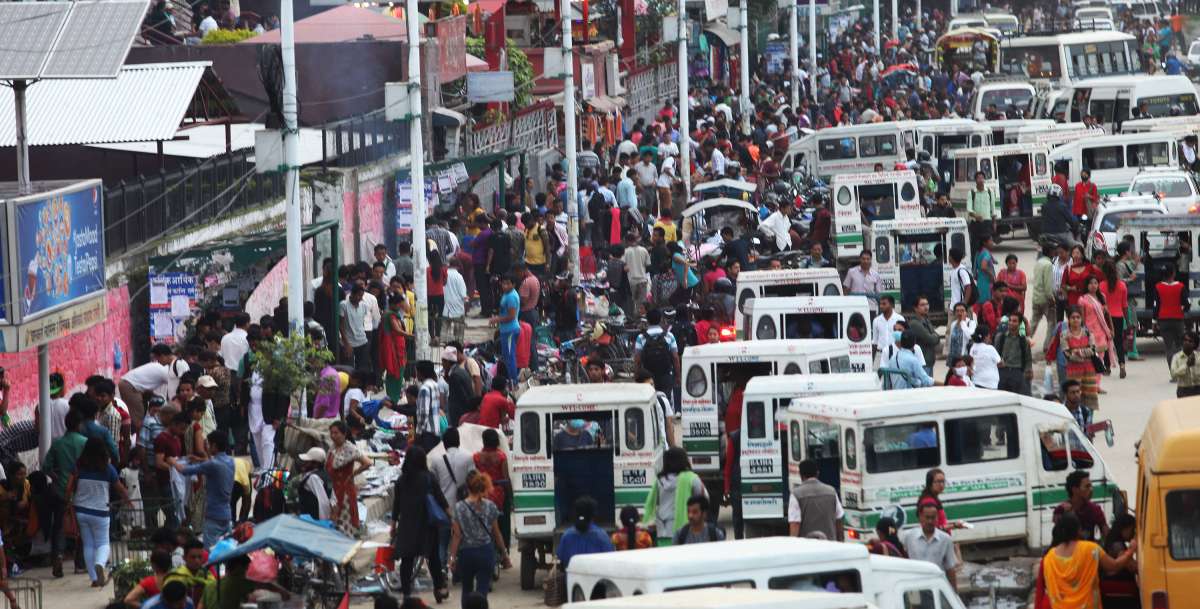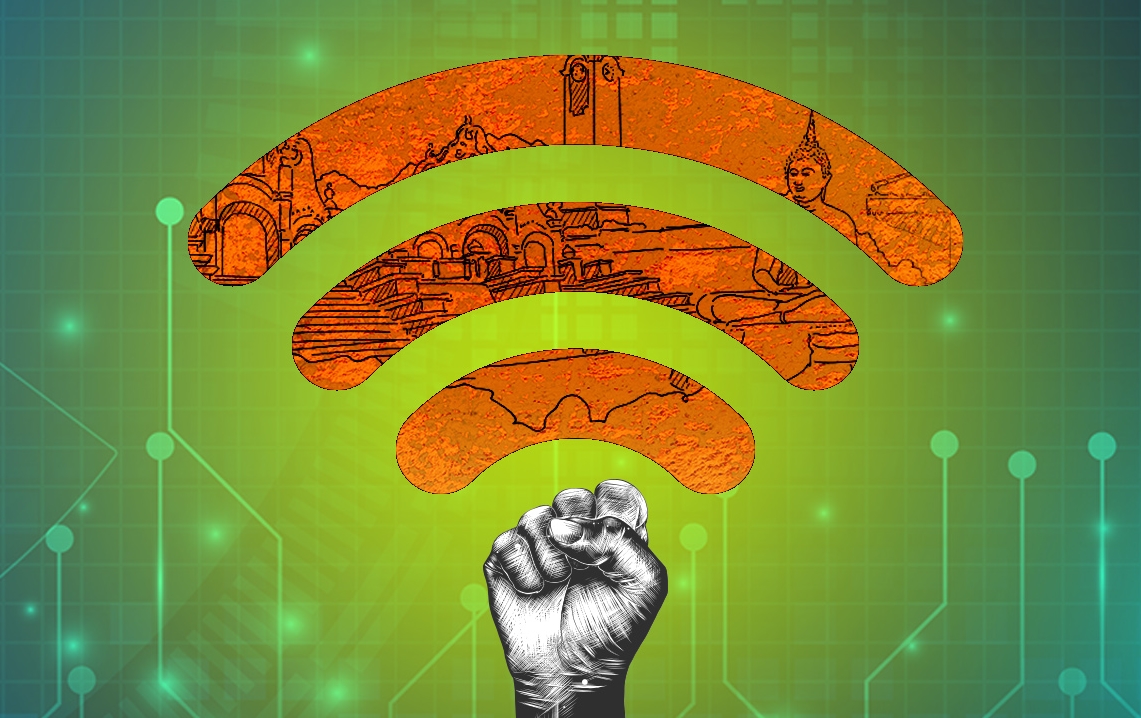Only 67 per cent of the world’s population, or 5.4 billion people, are online in 2023…reports Asian Lite News
While 2020 saw a double-digit growth in Internet connectivity, the number of people offline worldwide continues to decline to 33 per cent in 2023, according to the latest data from ITU, the UN tech agency on Tuesday.
In 2023, the number of people not connected to the Internet decreased to an estimated 2.6 billion or 33 per cent from the estimated 2.7 billion people offline in 2022. Only 67 per cent of the world’s population, or 5.4 billion people, are online in 2023, the report said.
“This improvement in connectivity is another step in the right direction, and one more step towards leaving no one behind in support of the UN Sustainable Development Goals,” said ITU Secretary-General Doreen Bogdan-Martin, in a statement.
“We won’t rest until we live in a world where meaningful connectivity is a lived reality for everyone, everywhere,” Bogdan-Martin added.
According to early estimates, growth in Internet connectivity remains the strongest in low-income countries where data indicate that Internet users increased by about 17 per cent over the past year. However, less than one-third of individuals are connected to the Internet in these countries.
The latest global estimates confirm that the double-digit growth in Internet connectivity observed at the 2020 peak of the Covid-19 pandemic was short-lived.
Current trends are not strong enough to guarantee that the objective of universal and meaningful connectivity will be met by 2030.
Achieving universal and meaningful connectivity by 2030 — the possibility for everyone to enjoy a safe, satisfying, enriching and productive online experience at an affordable cost — requires a comprehensive approach that addresses infrastructure as well as other factors such as affordability and skills.
The Internet is an essential tool to access information, employment opportunities and education. People without meaningful access may be left behind. This becomes more important as technologies such as artificial intelligence become more prevalent in our day-to-day lives.














